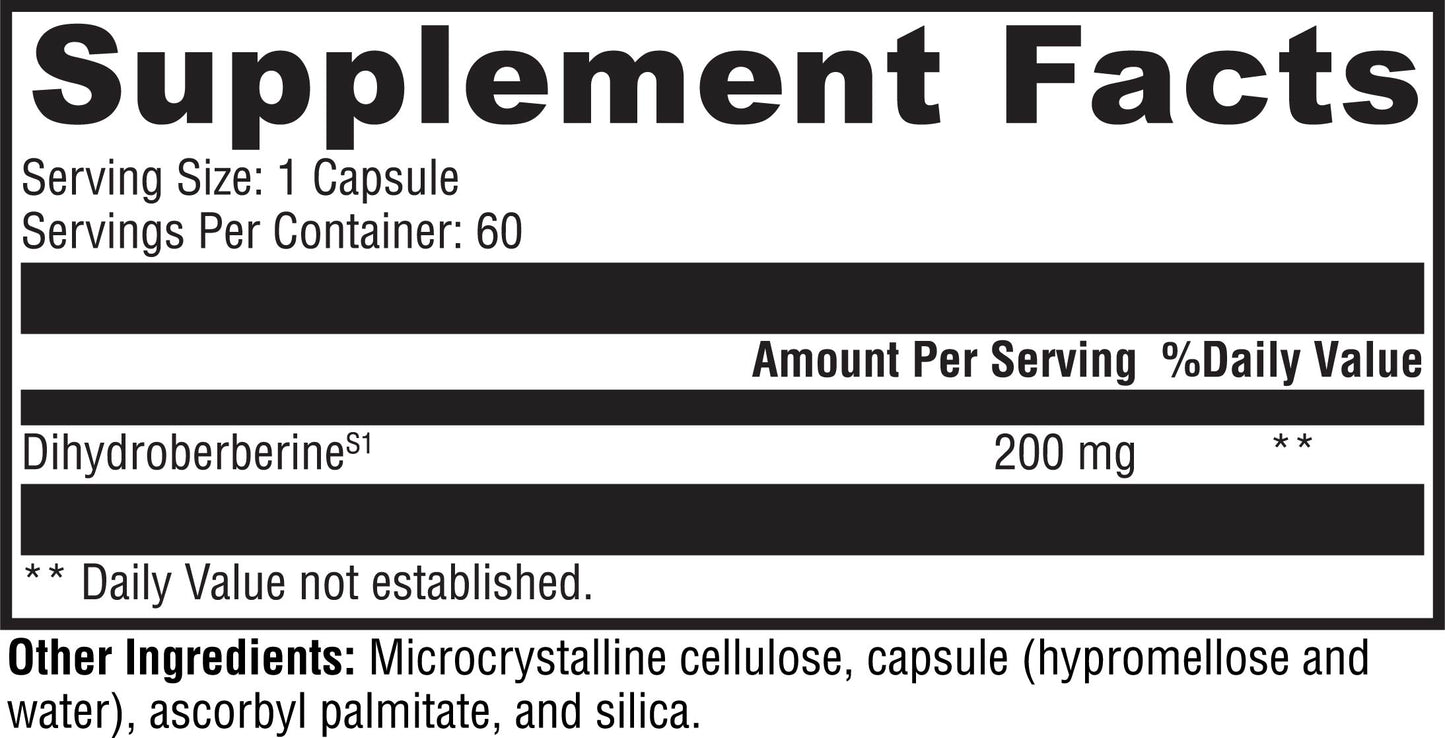Berberine Ultimate — Advanced Blood Sugar & Metabolic Support with Dihydroberberine
Berberine Ultimate delivers next-level blood sugar and metabolic support by combining the traditional power of berberine with modern bioavailability science. Featuring dihydroberberine (DHB), a metabolite of berberine that is up to 5 times more bioavailable, this advanced formula helps the body maintain healthy blood glucose levels and optimize glucose metabolism for improved energy and vitality.
Used for centuries in traditional Ayurvedic and Chinese medicine, berberine has long been recognized for its metabolic benefits. By utilizing DHB, Berberine Ultimate ensures faster absorption and greater effectiveness, allowing your body to better regulate blood sugar, improve insulin sensitivity, and maintain steady energy throughout the day.
Berberine Ultimate is third-party verified, GMP-compliant, and formulated for maximum purity, safety, and efficacy.
Key Benefits:
-
Supports healthy blood sugar balance and glucose metabolism
-
Features highly bioavailable dihydroberberine (DHB) for enhanced effectiveness
-
Promotes energy, focus, and metabolic health
-
Combines ancient herbal tradition with modern scientific innovation
-
Third-party tested for purity and GMP-compliant manufacturing
Whether you're managing blood sugar or seeking stronger metabolic support, Berberine Ultimate offers a highly effective, bioavailable solution to help you feel your best.



